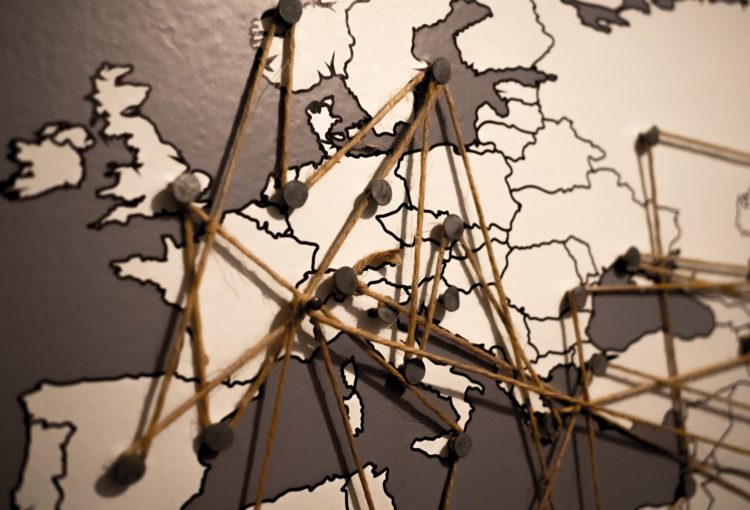Is Your Degree Valid Abroad? Sworn Translation and Legalisation
Studied. Graduated. Ready for the next step. But if you want to work or study abroad, there’s a big question you need to answer:
Will your degree be recognised in another country?
The short answer: it depends. The useful answer: only if you have a sworn translation – and in some cases, legalisation.
Here’s everything you need to know to avoid delays, rejections, and wasted time.
What is a degree translation (and why does it matter)?
To use your university or vocational qualification abroad, it must be presented in the official language of the destination country.
But beware: you can’t just translate it yourself or use an online tool. It must be a sworn translation.
Why sworn?
- Only sworn translators, authorised by official bodies (e.g. Spain’s Ministry of Foreign Affairs), can provide legally valid translations.
- Their signature and stamp certify the document as official.
- Without it, your degree simply won’t be accepted abroad.
When do you need a sworn translation of your degree?
- Most countries will request it for:
- University enrolment (Bachelor’s, Master’s, PhD).
- Scholarship or research applications.
- Visa procedures for study or work.
- Recognition or equivalence of your qualification.
- Immigration processes that require proof of education.
⚠️ Without it, your application may be rejected – or you’ll have to start over.
Which documents usually need translation?
Not just your diploma. In most cases, you’ll also need:
- Official degree certificate.
- Academic transcript (grades, credits).
- Course descriptions or syllabi (for equivalence).
- Additional diplomas or certificates.
👉 All must be translated in full, keeping the same format and layout as the original.
What makes a valid sworn translation?
Authorities are strict. Your translated qualification must be:
- Complete – every detail from the original included.
- Identical in format – same structure, stamps, signatures, and logos reproduced.
- Signed by a sworn translator – with their official seal and certification.
How to get your degree translated (step by step)
At iTrad Sworn Translators, the process is simple:
- Send us a clear scanned copy of your document.
- Get an instant, transparent quote.
- A sworn translator completes the translation quickly and accurately.
- Receive your translation, ready to present to embassies, universities, or other institutions.
Do you need to legalise your degree?
Often, yes.
Legalisation confirms your qualification is official. There are two methods:
- Hague Apostille – if your destination country is in the Convention.
- Diplomatic legalisation – if it isn’t.
🚨 Important: you must legalise before translation. Otherwise, the sworn translation may not be valid.
Common mistakes (and how to avoid them)
- Non-sworn translations – useless without the official stamp.
- Translating before legalising – wrong order, invalid result.
- Changing content – sworn translations must reflect the original word-for-word.
How much does a sworn translation cost?
It depends on the language and the number of documents. But think of it as an investment – it opens doors to work, study, and new opportunities abroad.
At iTrad, we offer:
- Fixed prices.
- Fast turnaround times.
- No hidden costs.
Will translation alone make my degree valid?
Not always. A sworn translation is usually the first step.
You may still need recognition, equivalence, or accreditation, depending on the country. But without the translation, you can’t even start the process.
Conclusion: Your future abroad starts with the right translation
Studying or working overseas is already challenging. Don’t let paperwork hold you back.
✔️ Get your degree translated by a sworn professional.
✔️ Legalise first if required.
✔️ Avoid shortcuts that could cost you time and money. At iTrad Sworn Translators, we’ve helped countless clients prepare their qualifications for international use – quickly, reliably, and 100% valid.
Your future won’t translate itself. Do it properly from the start.




